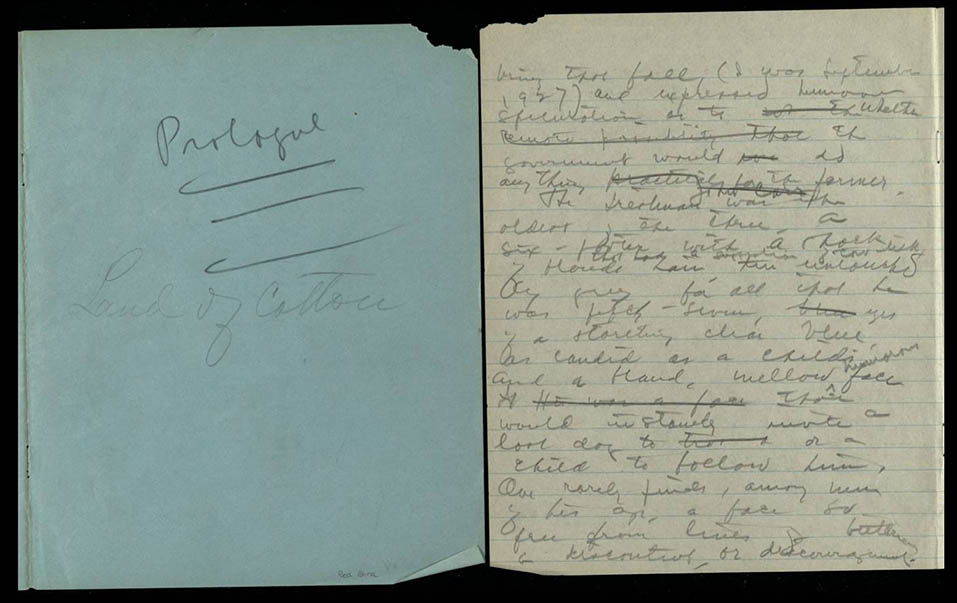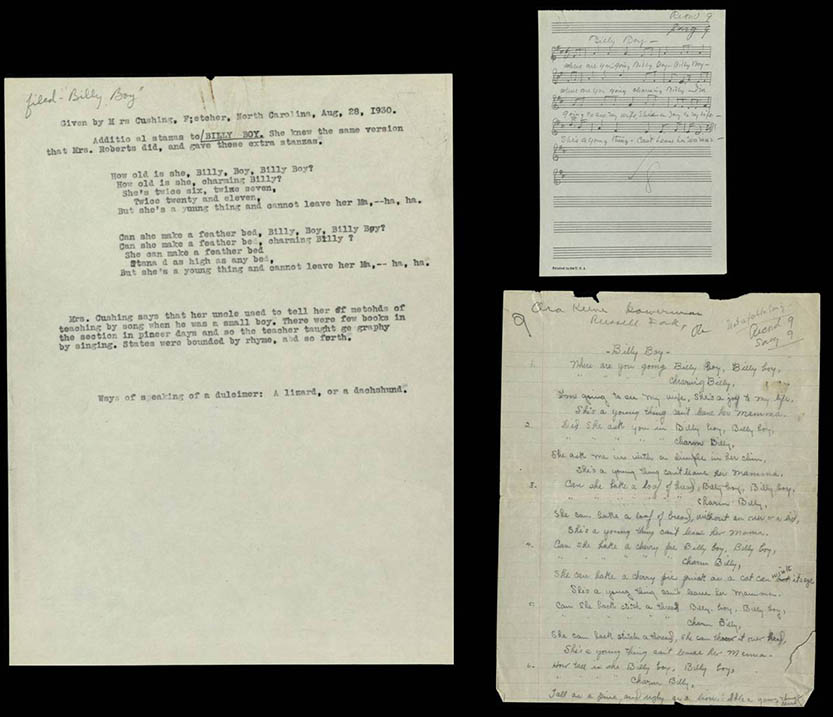By Casey Schumacher, Graduate Assistant, The Texas Collection, and Museum Studies graduate student

Dorothy, or “Dottie” as she was known to her friends and family, achieved an outstanding education and professional career for a woman in the early 20th century. Born on January 27, 1873 in Mount Carmel, Texas, she received a BA and MA in English from Baylor University before completing her doctoral work at Columbia University in 1917. She also attended the University of Oxford from 1910-1911, even though they did not grant degrees to women at the time. After receiving her PhD, Scarborough went on to teach at Columbia, where she specialized in courses on creative writing but taught classes on a multitude of topics, including the Development of the English Novel and the History of the English Language. The Dorothy Scarborough papers also include extensive teaching and research notes, programs, and invitations from her time at Columbia.

Scarborough’s collection reflects her wide range of interests and includes many drafts and typescripts of her publications (she published five novels along with scripts, short stories, essays and poems), as well as some unpublished work. Her doctoral thesis discussed the supernatural in modern English fiction, and later publications featured research in southern life, the history of the cotton industry, ghost stories, marriage, gender, poetry, and short stories. In addition, Scarborough was a strong advocate for the study of folklore. She served as president of the Texas Folklore Society from 1914-1915, was a founding member of the American Folk Song Society, and a lifelong member of the American Folklore Society.

One of Dottie’s main interests was in the area of folklore and folk songs. Two of her books, On the Trail of Negro Folk Songs and A Song Catcher in Southern Mountains document her journeys throughout the South collecting personal stories and folksongs from anyone who would share them with her. Travel notes, sheet music, and hundreds of pages of lyrics make up a significant part of her collection and demonstrate the passion she devoted to her research.
Dottie’s career truly embodied the values of leadership and service so deeply cherished at Baylor University. Anyone interested in her personal life, her folklore and English research, or women in academia during the 1920s-1930s will find a wealth of information in her personal and professional papers.
No Comments